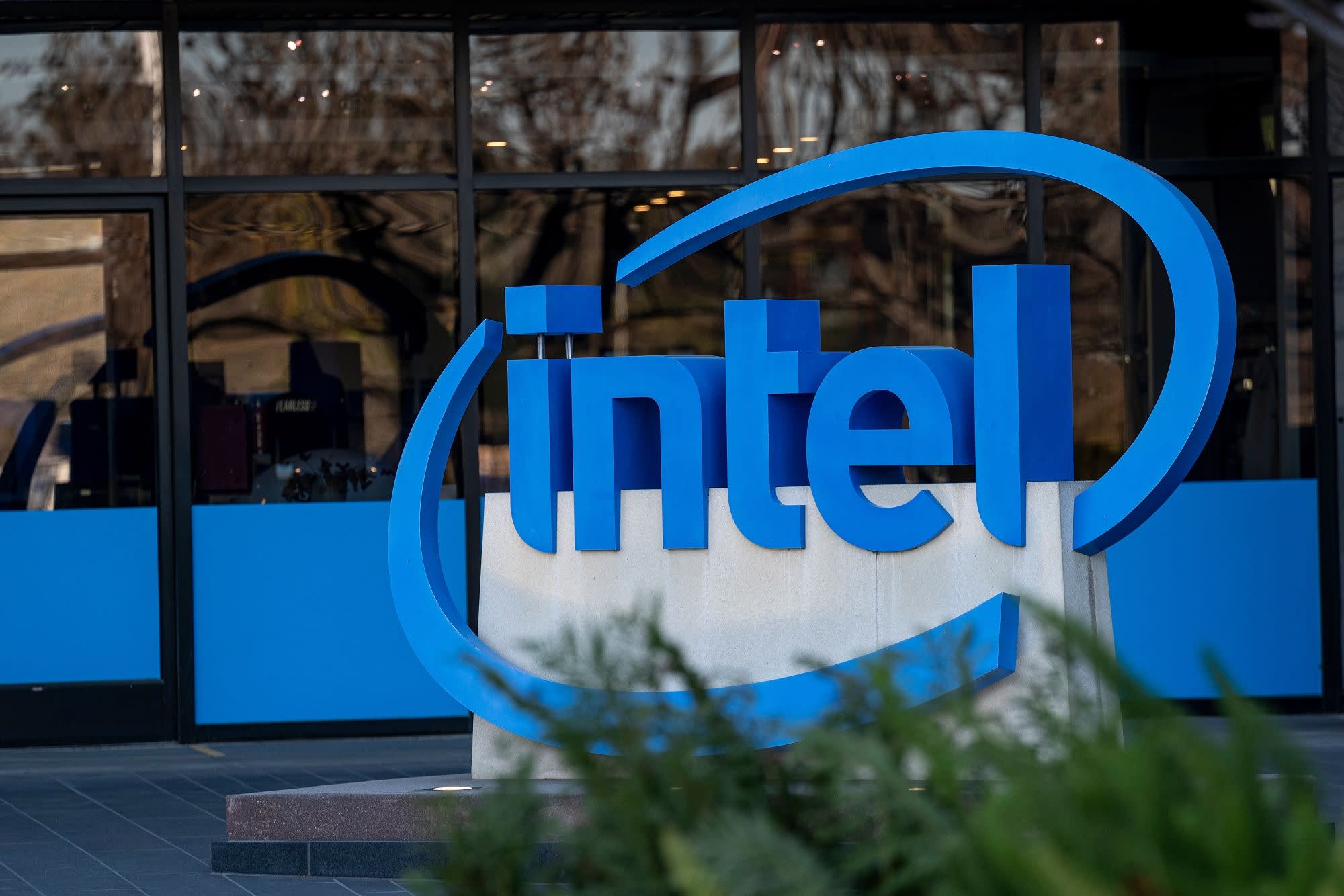Intel's Rocket Lake is on the launchpad for release this quarter, and in traditional fashion, the company began teasing hard gaming performance numbers during CES 2021. Now, Ryan Shrout, Intel's Chief Performance Strategist, has teased a new benchmark result via Twitter that shows the flagship Rocket Lake Core i9-11900K beating AMD's fastest mainstream chip, the Ryzen 9 5950X, by 11% in a storage benchmark conducted by Allyn Malventano, a Storage Technical Analyst with Intel. The company says the faster performance comes courtesy of the PCIe 4.0 interface on its 500-series motherboards for Rocket Lake.
Intel is a bit more than fashionably late to adopting PCIe 4.0, AMD embraced the speedier interface two years ago, but Intel is finally making the move with Rocket Lake. Intel's test results slide notes that 'results may vary,' and as with all vendor-provided benchmarks, you should take the results with the requisite grain of salt.
At #CES21 we looked at Rocket Lake-S gaming. Here’s a sneak peek of Core i9-11900K PCIe Gen 4 storage performance - up to 11% faster on PCMark 10 Quick System Drive Benchmark vs the 5950X. Thanks @Malventano for the data. Backup: https://t.co/LcI5n5Cok2 pic.twitter.com/NhblHRQJSCFebruary 23, 2021
Intel ran PCMark 10's Quick Storage Benchmark test for its comparison, which is one of four possible benchmarks in the popular test suite. PCMark 10's documentation points out that this "is a shorter test with a smaller set of less demanding real-world traces" that's used to test smaller system drives that cannot run the Full System Drive benchmark that we use in our SSD reviews. This test performs mundane tasks like small file transfers/copies and runs Microsoft Excel, Adobe Illustrator, and Photoshop traces that emulate real-world performance.
As noted, the other PCMark 10 storage tests are much more demanding. However, the extended benchmarks push the bottleneck back to the storage device, largely removing the CPU/interface from the equation because the tests access a very large portion of the drive (100GB+ span) to push the drive into a degraded state. This is the long way of saying that it makes sense to use the shorter benchmark in an attempt to isolate either the CPU or the PCIe 4.0 interface as the bottleneck.
Intel outfitted both test systems (500-series motherboards for both chips) with a drive for the operating system and a secondary PCIe 4.0 1TB Samsung 980 Pro (50% full) as the test device. Intel connected these drives to a riser card placed in the PCIe slot, which should remove any interference from the platform controller hub (PCH) on the test results. We've included the test notes below.
The results are pretty straightforward - Intel claims that Rocket Lake is 11% faster in this benchmark than the Ryzen 9 5950X, and it's noteworthy that this doesn't boil down to having a 'faster' physical PCIe 4.0 connection than present on AMD's motherboards. Instead, storage performance is impacted by a host of factors, including system drivers, motherboard firmware, and CPU performance. All in all, Intel claims that these factors combined to give Rocket Lake the upper hand in the tests.
Fast storage performance is important, and Intel's late move to the PCIe 4.0 interface is welcome. However, it's noteworthy that even if Intel has taken the lead in storage performance, AMD's modern Ryzen platforms offer up more PCIe 4.0 connectivity: Intel's Z590 chipset features PCIe 3.0 lanes for devices connected to the PCH, while AMD's PCH serves up PCIe 4.0.
Intel has added a single direct PCIe 4.0 x4 interface for connecting M.2 storage devices to Rocket Lake chips, and you'll either have to use this interface or place your SSD in a riser card in the PCIe slot to unlock the best performance possible with Rocket Lake. It's too bad that Intel killed off its Optane drives for desktop PCs, or we might see a more pronounced difference in the benchmark.
Faster storage performance will benefit users that tend to transfer large files, and also those with more prosumer-class workloads, like heavy video editing, but most gamers wouldn't notice the difference in typical conditions. You can see everything we know about Rocket Lake here, but we'll have to wait for the final silicon to see how the chips stack up in our CPU Benchmarks performance hierarchy.

February 24, 2021 at 06:00PM
https://ift.tt/3aR7pgX
Intel: Rocket Lake's PCIe 4.0 Storage Performance is 11% Faster Than AMD Ryzen - Tom's Hardware
https://ift.tt/2YXg8Ic
Intel

No comments:
Post a Comment